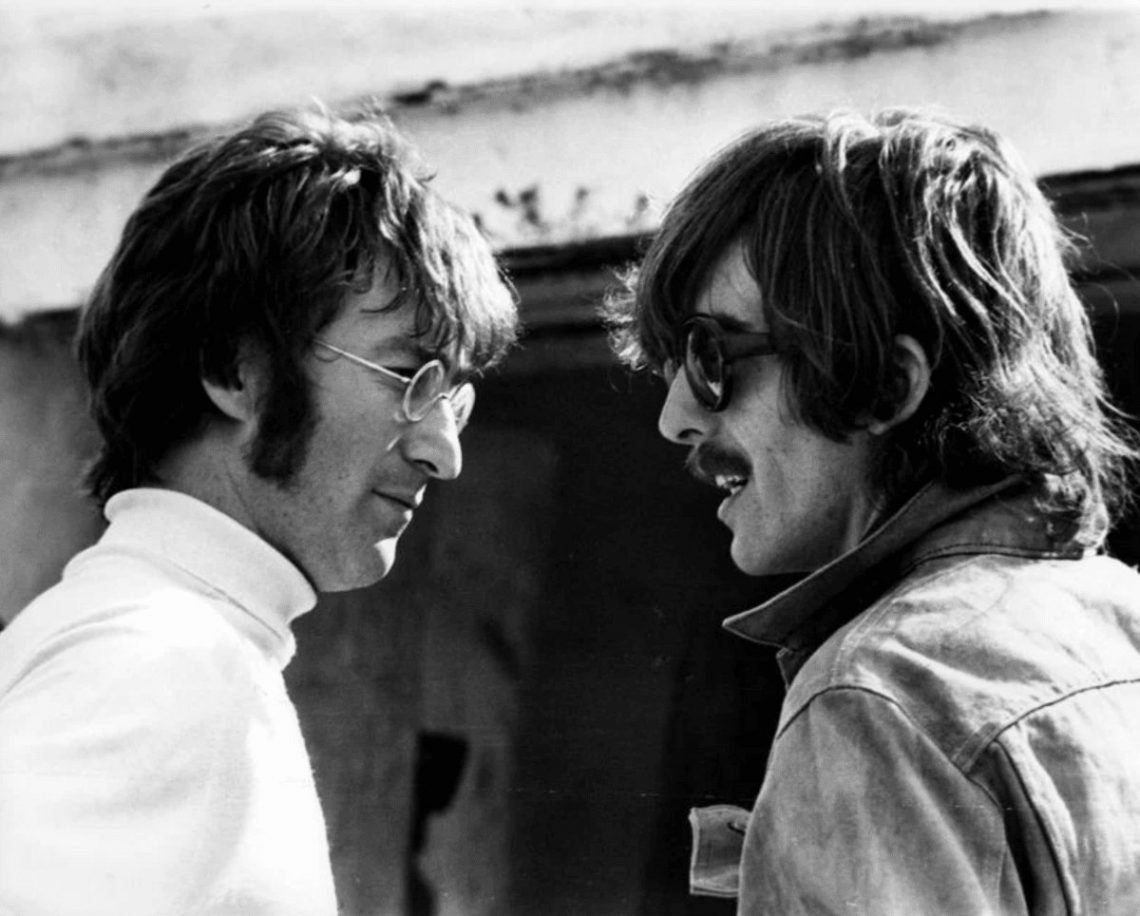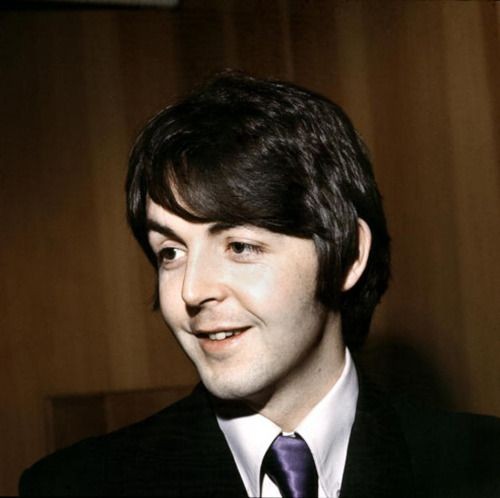You couldn’t turn on a radio without hearing The Beatles during the 1960s. It felt like they’d dominated the world, causing insane levels of fan mania with their songs. The Fab Four couldn’t do anything without being hounded by the press or fans – some eager listeners even broke into certain members’ homes in an attempt to get closer to their idols.
As the band’s style and sound continued to progress over the course of the decade, they cemented themselves as true musical geniuses. With Rubber Soul, their sixth studio album, The Beatles demonstrated their skills for experimentalism, weaving in instruments that were less commonly used in Western music, such as the sitar, and sang lyrics with considerably more refinement.
By the end of the decade, the band had released several classic records, such as Abbey Road, Revolver and The White Album, helping to pioneer new recording techniques, paving the way for new genres like heavy metal, and experimenting with sound collages and musique concrete. They were a groundbreaking band, with each member bringing something vital to the mix.
However, there were always uneven power dynamics between the members, with Ringo Starr widely considered the ‘least important’ member. George Harrison, on the other hand, was often underappreciated by his bandmates, rarely given the chance to truly demonstrate his incredible talents. Paul McCartney and John Lennon were the main songwriting duo, treated as an exemplary pair whose skills were undefeated.
During the early days of the band, Harrison, a few years younger than the rest, looked up to Lennon a lot, seeing him as an older brother figure. Yet, as the band progressed into an unprecedented territory of success, Harrison seemed to truly find himself after experimenting with psychedelic drugs, meditation, and Eastern religion. Thus, he wasn’t afraid to stand his ground when the other members were acting unreasonably. He even temporarily quit the band in 1968 due to the tensions between them, unable to cope with McCartney’s controlling nature.
He penned a few songs that seemed to allude to the tensions and ego problems within the band, such as ‘I Me Mine’ and ‘Wah-Wah’. Harrison also became less afraid to criticise the other Beatles if he disagreed with them. Subsequently, when he heard Lennon’s ‘Give Peace A Chance’, he was vocal about his feelings regarding the message of the song.
The track, released in 1969, remains an iconic anti-war song, but Harrison was not impressed. He once said (via George Harrison on George Harrison: Interviews and Encounters), “This is where I really disagreed with John, because I want peace too. But I don’t think you get peace by goin’ around shouting, ‘Give peace a chance, man!’ For a forest to be green, each tree must be green. You don’t get peace by talking about peace. You don’t get any sort of peace until you really stop talking and be more on the road to peace.”
He added, “It’s like acid: people took acid in order to have some higher state of consciousness, but it doesn’t work. To get God-conscious, you have to stop taking pills and stop all that scene.”



